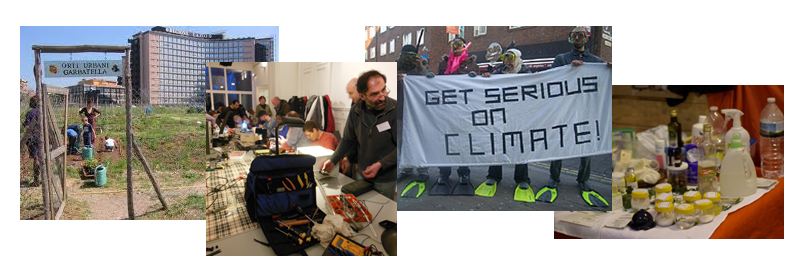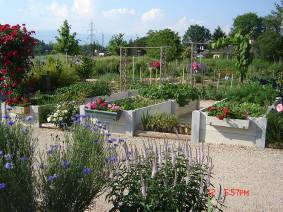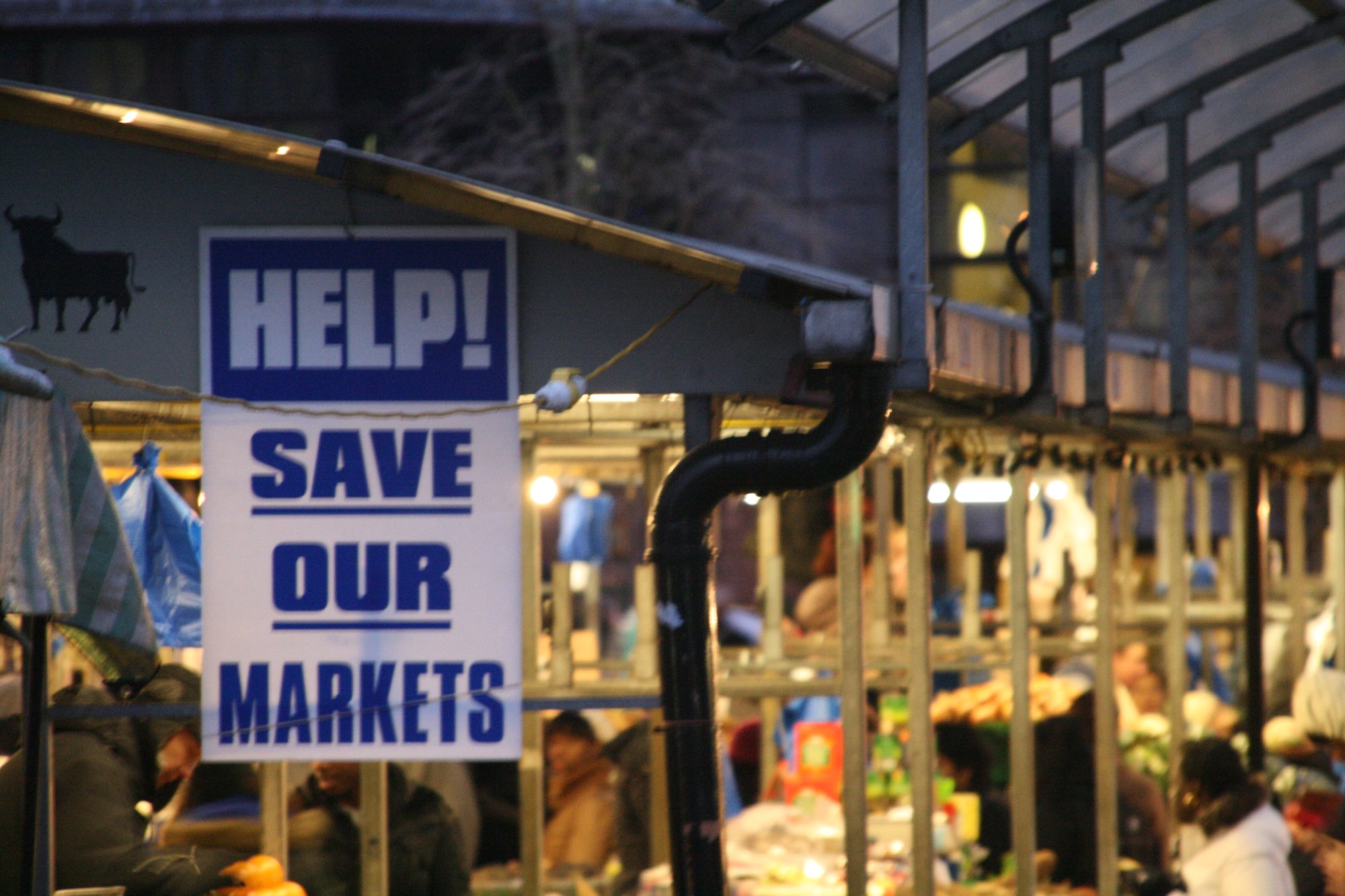Environment
Promoting an environment in Europe that is safe, clean and sustainable should go hand-in-hand with the safeguarding of people’s human rights and dignity. The latter is rendered meaningless otherwise, if the population cannot live in certain areas because of environment-related factors.
En savoir plus
When we speak about the environment not only do we refer to it in an ecological sense, we are also referring to social and/or economic aspects. In this way, it can be said that modern-day Europe is facing numerous crises when it comes to environmental issues.
Global warming, social justice and employment are topics that all need to be on the agendas of governments and institutions in a Europe where CO2 levels have reached record highs, growing numbers of people face poverty and precarity, and joblessness, particularly amongst the youth, is becoming endemic.
More and more people are coming to realise that many aspects of European society are unsustainable for the environment. It is this realisation and “clarity of conscience” that has pushed individuals and groups to change the way in which they live as well as encourage and support others to do so. Below are different policies and practices that can and do contribute to a healthy, secure and more just environment.
 Pictures by Orti Urbani Garbatella, Repair Café, Muzammal, Adevico
Pictures by Orti Urbani Garbatella, Repair Café, Muzammal, Adevico
Below are some examples of type of actions (in orange) and policies (in green) that aim to promote an ecological and secure environment.
Sharing or pooling of resources – time, skills, etc.
Click Here For Examples
Auteur : Lorna Muddiman -
Publié le : 2013-05-16 14:55 -

|
Collaborative consumption, or “the sharing economy”, describes the shift in consumer values from ownership to access. Together, entire communities and cities around the world are using network technologies to do more with less by renting, lending, swapping, bartering, gifting and sharing products on a scale that can range from local to global.
|
Auteur : Lorna Muddiman -
Publié le : 2013-05-16 13:45 -

|
With the predominance of mass consumerism and industrial production, the DIY or GIY (grow it yourself) movement demonstrates an encouraging shift in the symbolism and status of post-materialistic values and lifestyles. It also shows a genuine concern for the environment as people begin to think about using more natural/organic products and avoiding waste.
|
Aucun article.
Use of public spaces
Click Here For Examples
Auteur : Joël Obrecht -
Publié le : 2013-10-16 13:37 -

|
Swiss allotment gardeners create plots for disabled people in Geneva.
|
Auteur : Lorna Muddiman -
Publié le : 2013-05-16 15:31 -

|
The approach of using derelict land and widely abandoned buildings for new, sustainable growth in Europe has numerous advantages for all parts of society, including for the environment. Empty buildings are everywhere, making it important to push users to reuse existing resources, avoiding the construction of new buildings, land consumption or landscape pollution, and creating space for a more social, environmentally-friendly renewal and regeneration of a community.
|
Auteur : Lorna Muddiman -
Publié le : 2013-05-16 15:16 -
|
|
Community gardens showcase how a community, with sufficient will, knowledge and other resources, can come together to turn plots of unused land into communal vegetable gardens, thus changing the narrative of food in the surrounding areas as well as promoting healthier and more communal environments.
Allotment gardens are different as every gardener has his individual plot and the sites are created on leased land or land put at the disposal of the associations. Agreements/contracts regulate the relations with the landowner. Very often there exist allotment garden zones in the urban planning scheme.
|
Auteur : Lorna Muddiman -
Publié le : 2013-05-22 10:03 -

|
Creative Limerick - Connect to the Grid, is coordinated by the Economic Development Department (at Limerick City Council) in partnership with the third level colleges, creative industries, commercial property owners and their agents operating in Limerick City. This project seeks to enhance vibrancy and active frontages in Limerick City Centre and to provide active uses for vacant properties while promoting the work of the Creative Industries in our region.
|
Eco-friendly transport
Click Here For Examples
Auteur : Lorna Muddiman -
Publié le : 2013-05-16 15:45 -

|
Cycling is increasingly recognised as a clean, sustainable mode of transport and an essential part of an inter-modal plan for sustainable urban travel. In the Netherlands and Denmark, the bicycle is one of the principal means of travel in the cities. Cycling can have many advantages as a short-distance means of travel in urban areas: it is environmentally friendly – without emissions and noise nuisance; provides cost-effective mobility, and offers an opportunity for health and physical fitness by regular exercise.
|
Aucun article.
All Examples of Actions and Policies
Auteur : Joël Obrecht -
Publié le : 2013-10-16 13:37 -

|
Swiss allotment gardeners create plots for disabled people in Geneva.
|
Auteur : Malou Weirich/Lorna Muddiman -
Publié le : 2013-08-22 09:09 -

|
Cold Barn farm is a centre for youth activity, which is dedicated to children and young people and making a difference in their lives. The allotment project started in 2006 when a group of young people showed an interest in growing their own vegetables.
|
Auteur : Malou Weirich /Lorna Muddiman -
Publié le : 2013-08-22 08:32 -

|
The Food Bank Garden was set up specifically to supply fresh produce for the Food Bank in Utrecht in the Netherlands.
|
Auteur : Malou Weirich/Lorna Muddiman -
Publié le : 2013-08-22 08:12 -

|
The Schweizer Familiengärtnerverband (Swiss leisure garden federation) today unifies approximately 375 leisure garden sites. In order to stimulate the co-operation with the associations and the members, the federation was divided into different regions, Bern among them.
|
Auteur : Malou Weirich/ Lorna Muddiman -
Publié le : 2013-08-21 12:33 -

|
In 2007, the first intercultural allotment garden of Braunschweig was inaugurated in the allotment garden site “Heideland”.
|
Auteur : Malou Weirich /Lorna Muddiman -
Publié le : 2013-08-21 09:21 -

|
The Mazargues allotment gardens, situated on the Joseph Aiguier site, are part of the city of Marseille’s historical heritage. The Gardens and the allotments greatly contribute to community life - facilitating a healthier environment, social inclusion, access to food and more...
|
Auteur : Anne-Iris Romens -
Publié le : 2013-08-05 08:58 -

|
The Caxias Social Association aims to help families in need, solving social problems in households experiencing difficulties and/or with limited sustainability.
|
Auteur : Mariani Papanikolau -
Publié le : 2013-08-02 12:45 -

|
A Trade Union that is fighting for the independent operation and self-management of their abandoned factory.
|
Auteur : Alessandra Sciurba -
Publié le : 2013-08-01 09:50 -

|
Transformation of an abandoned space of approx. 400 square metres (including a park) into a multi-functional centre of research, training and cultural production. Also a member of the network "Trans Europe Halles" for independent European spaces.
|
Auteur : Louise Hain -
Publié le : 2013-07-29 19:16 -

|
A policy to boost the local economy by maximising social value the Birmingham Council require in its procurement strategy.
|
Auteur : Lorna Muddiman -
Publié le : 2013-07-11 08:09 -

|
Cycle to Work is a tax incentive aimed at encouraging employees to cycle to work, thereby reducing air pollution and improving their health.
|
Auteur : Lorna Muddiman -
Publié le : 2013-05-22 10:03 -

|
Creative Limerick - Connect to the Grid, is coordinated by the Economic Development Department (at Limerick City Council) in partnership with the third level colleges, creative industries, commercial property owners and their agents operating in Limerick City. This project seeks to enhance vibrancy and active frontages in Limerick City Centre and to provide active uses for vacant properties while promoting the work of the Creative Industries in our region.
|
Challenges
Aucun article.
Contribute an action to the theme
Contribute a Challenge to this theme
Click here to contribute a challenge
Pictures by Orti Urbani Garbatella, Repair Café, Muzammal, Adevico


